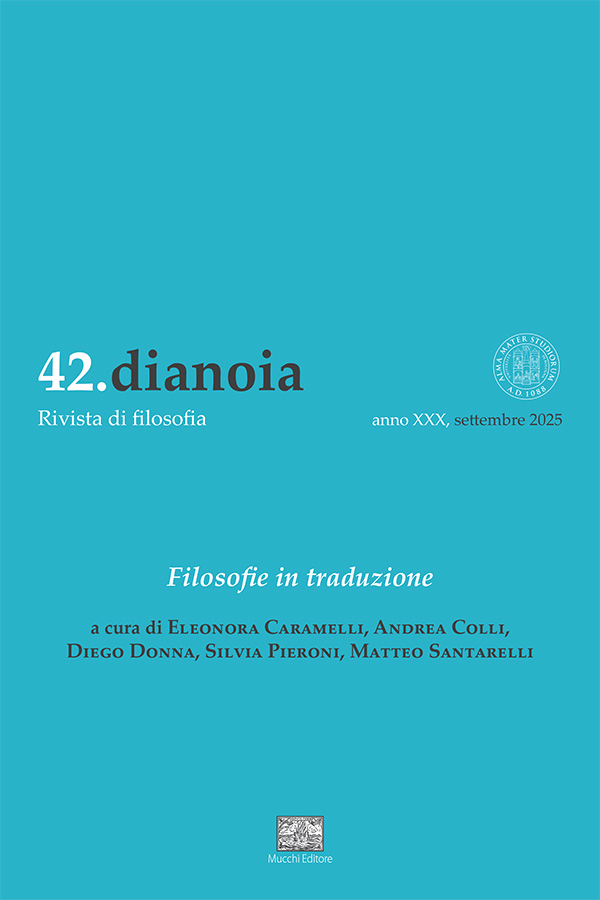This text explores Hegel’s perspective on the universality of artistic translation, particularly in poetry. Hegel’s assertion, drawn from his lectures on aesthetics, that a poetic work can be equally appreciated whether read or heard, and can be translated without losing intrinsic value, challenges the conventional belief that an original text must remain in its native language for full comprehension. Critics have interpreted this stance as indicative of Hegel’s insensitivity to the essence of art. However, the author defends Hegel, arguing that his views stem from a theoretical foundation that promotes a universality of poetic expression, reflecting the human spirit’s evolution. The notion of “literary material,” as outlined by Hegel, emphasizes that poetry conveys deep internal representations rather than relying on its external forms. This approach to translation highlights how poetic language operates as a universal medium of imagery, transcending linguistic boundaries, and challenges the veneration of the original text, positioning translation as a means to access the core of artistic expression.
Keywords: Hegel, Aesthetics, Poetry, Translation, Literature.

